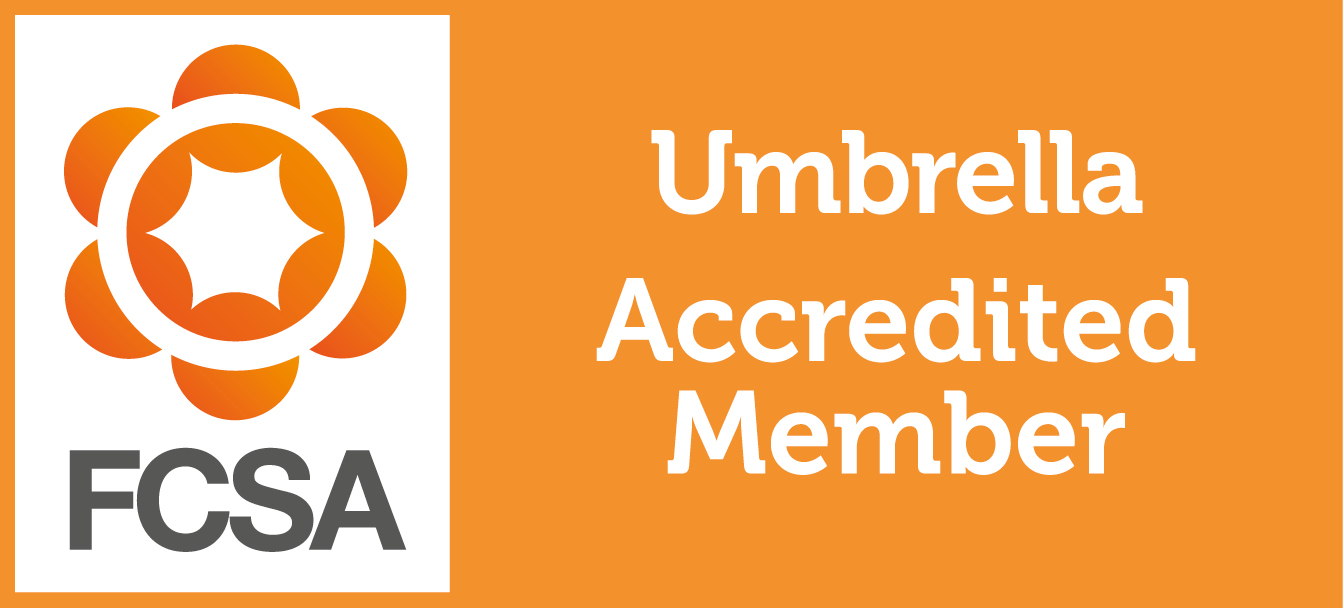
As a contractor, saving for retirement and making the most of your pension is incredibly important. Our latest article explains the difference between contributing to a pension via salary sacrifice and a workplace pension scheme.
What is a workplace pension scheme?
It is a legal requirement that all employers in the UK provide a workplace pension scheme. This is called ‘automatic enrolment’. You will automatically be enrolled into the workplace pension scheme if any of the following apply:
- You’re aged between 22 and State Pension Age
- You’re classed as a worker
- You earn at least £10,000 a year
- You usually (‘ordinarily’) work in the UK – further guidance is available on the government’s website
As a contractor, you may already have another pension arrangement or do not want to use the umbrella company’s workplace pension scheme. If this is the case, you are not obligated to use the umbrella company’s pension provider and can opt out. If you would like to make pension contributions using the workplace pension scheme, the minimum contribution set by the government is 8%, which is split into 5% employee and 3% employer.
Advantages and disadvantages of a workplace pension scheme
Before deciding whether to use your umbrella company’s workplace pension scheme, it’s essential to consider the advantages and disadvantages of a workplace pension scheme.
Advantages of a workplace pension scheme
Many people do not notice they’re paying into a workplace pension scheme as it is only a small amount each week/month and is automatically deducted and paid into your pension. The other benefits of a workplace pension include:
- You don’t need to worry about managing your savings for retirement, as your pension provider will take care of everything for you.
- As you’ll be paying into your pension regularly, as will your employer, you’ll have a guaranteed income once you finally retire.
- The government will boost your pension contributions through tax relief. The amount of tax relief you will get will depend on your income tax rate, but most UK taxpayers benefit from a 20% top-up on their pension payments.
- UK taxpayers have a tax-free allowance of £60,000 or 100% of their total annual income (whichever is lower) for the 2023/24 tax year. This amount can be paid into your pension before a tax charge applies.
- Your annual tax-free allowance renews each tax year, and you can carry forward the unused allowance from the three previous tax years.
Disadvantages of a workplace pension scheme
While there are many benefits to contributing to a workplace pension scheme, there are also some disadvantages you should consider:
- Minimum pension contributions are low, and you may find your savings don’t allow you to continue the same lifestyle once you retire. Many employers only offer the minimum pension contributions, which can often mean you cannot save as much as you would like for retirement.
- If you have multiple assignments and are paid via separate agencies or umbrella companies, your employers must check whether you are eligible for auto-enrolment. Even though you may earn more than the threshold in total, you may not qualify for each role and, therefore, could miss out on pension savings. Getting paid for all assignments through one umbrella company could mean you are eligible for auto-enrolment.
- It is essential to consider pension contributions when accepting a contract role. The figure you agree on (the assignment rate) must take into consideration the employment costs (including employer pension contributions) when paid by an umbrella company. If you want to contribute to a pension, ensure you are satisfied with the uplift agreed for the assignment rate before accepting the role.
What is pension salary sacrifice?
Some umbrella companies offer a salary sacrifice service to their employees. It is an entirely voluntary service, and if it interests you, contributing more to your pension via salary sacrifice is a great way to save tax-efficiently for retirement. Like auto-enrolment workplace pension contributions, you can receive tax relief and save up to £60,000 per tax year or up to 100% of your annual earnings – whichever is lower. You can also carry forward unused allowance from previous years. However, unlike workplace pension contributions, you are not limited to the minimum contribution amounts. Instead, you can allocate a set amount or percentage of your pre-tax salary towards your pension.
Advantages and disadvantages of pension salary sacrifice
If you are considering using a salary sacrifice scheme, it’s essential to understand the benefits and potential disadvantages.
Advantages of pension salary sacrifice
There are many benefits of using a pension salary sacrifice scheme, including:
- Salary sacrifice pension contributions are taken from your salary before tax is deducted, which reduces your taxable income. Both you and your employer (the umbrella company) will pay lower National Insurance Contributions, and you will also pay less Income Tax on your remaining salary.
- With salary sacrifice, you can grow your pension pot much quicker and save for retirement with higher pension contributions each week/month.
- You may increase your take-home pay when using salary sacrifice, depending on the amount you choose to sacrifice and the tax due on your remaining wage.
- Basic rate taxpayers will automatically get 20% tax relief on pension contributions, and higher or additional rate taxpayers can claim additional tax relief via a self-assessment tax return.
- Contributions to pensions via salary sacrifice are not subject to Income Tax or National Insurance Contributions, providing better tax savings. You’ll only receive tax relief at the highest rate of Income Tax that you pay on workplace pension contributions.
Disadvantages of pension salary sacrifice
While the benefits and tax savings through salary sacrifice are attractive, it is essential to consider the potential downsides before entering into a salary sacrifice agreement:
- Your entitlement to state benefits such as a state pension or maternity pay is based on your National Insurance Contributions. As the amount of National Insurance you pay is reduced, your entitlement may be affected.
- Salary sacrifice is not a viable option for everyone, and employers cannot offer it to employees if their salaries are reduced below the national minimum wage.
- You may receive a lower take-home pay each week/month depending on how much salary you sacrifice, and it’s important to consider how this may affect you.
- The lower take-home pay from salary sacrifice may affect your borrowing options for loans or mortgages.
What is the difference between salary sacrifice and a workplace pension scheme?
In this example, we will outline how salary sacrifice pension contributions can increase your pension pot and retirement savings compared to contributing to your pension via a workplace pension scheme.
Adam has an annual salary of £35,000. Through a workplace pension scheme, Adam contributes 5% to his pension, and his employer contributes 3%—this is the minimum contribution for an auto-enrolment workplace pension scheme. Adams’s 5% contribution equates to £1,750, and his employer’s 3% contribution equates to £1,050 – a combined total contribution of £2,800.
Through salary sacrifice, by reducing his gross salary to £32,941, Adam can still contribute 5% to his pension. As Adam sacrifices part of his salary, his employer pays the money he has sacrificed directly into his pension. If Adam used salary sacrifice, the total pension contribution would be £3,392.94 – £592.94 more than a workplace pension scheme.
Salary sacrifice is an excellent way to save tax-efficiently for retirement as contributions are exempt from tax and National Insurance, and you can contribute up to £60,000 or 100% of your annual income (depending on which is lower) tax-free. Please be aware this includes employer contributions, so make sure the higher contributions from salary sacrifice don’t push you over this threshold. As long as your reduced salary remains above the National Minimum Wage, there isn’t a specific limit to how much of your salary you can sacrifice, which means you can grow your pension pot quickly.
Find out more about Umbrella Company UK’s salary sacrifice service
Umbrella Company UK is pleased to offer a pension salary sacrifice service to help you boost your pension pot and save tax-efficiently for retirement. To learn more about our service or to request a free take-home pay illustration, please call us on 01707 669023. Alternatively, you can request a callback for a time that suits you.
If you’re an existing Umbrella Company UK employee and would like to add salary sacrifice to your payroll service, it’s very straightforward, and we’re here to help. Please contact our Umbrella Customer Service department by calling 01707 669038 to find out how to get started with salary sacrifice.






